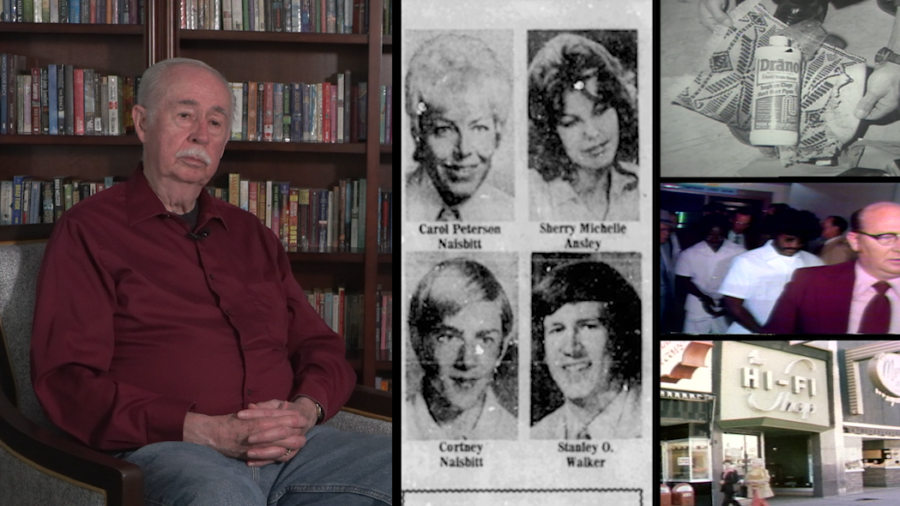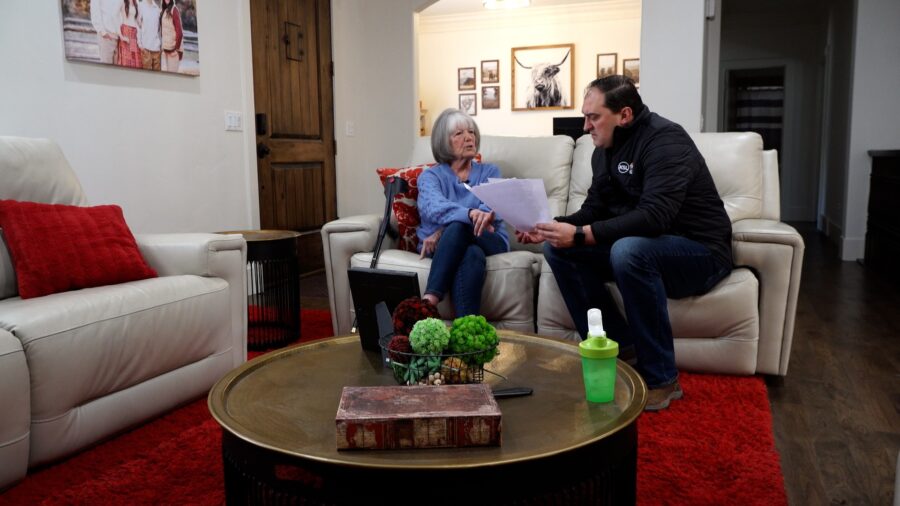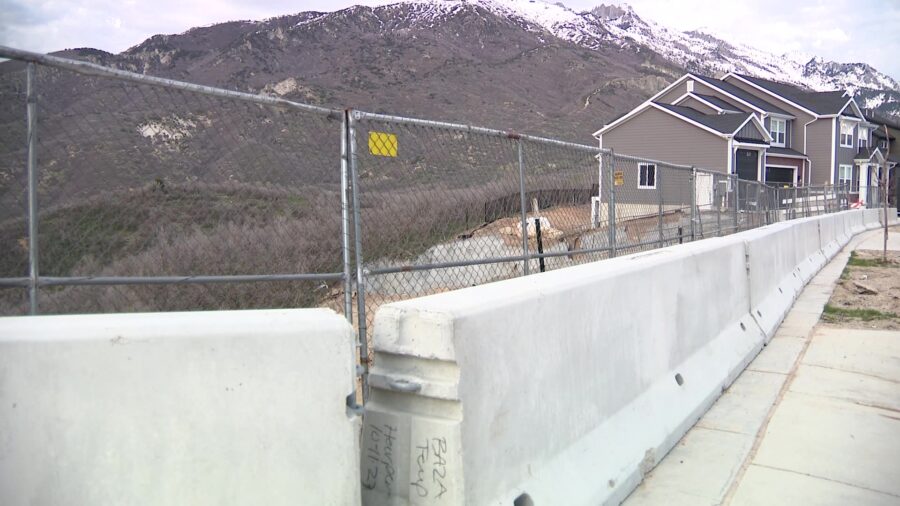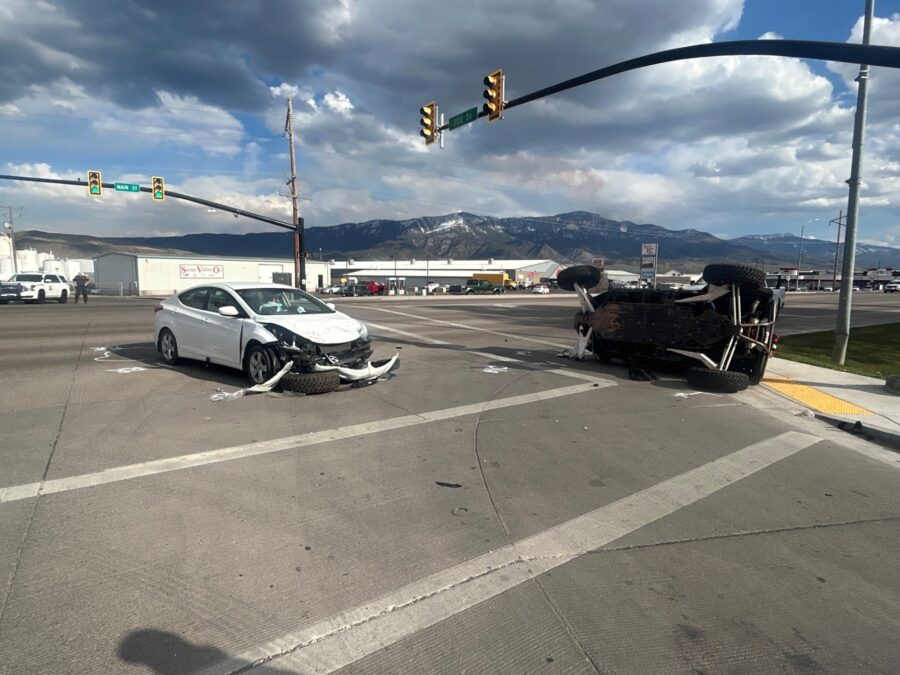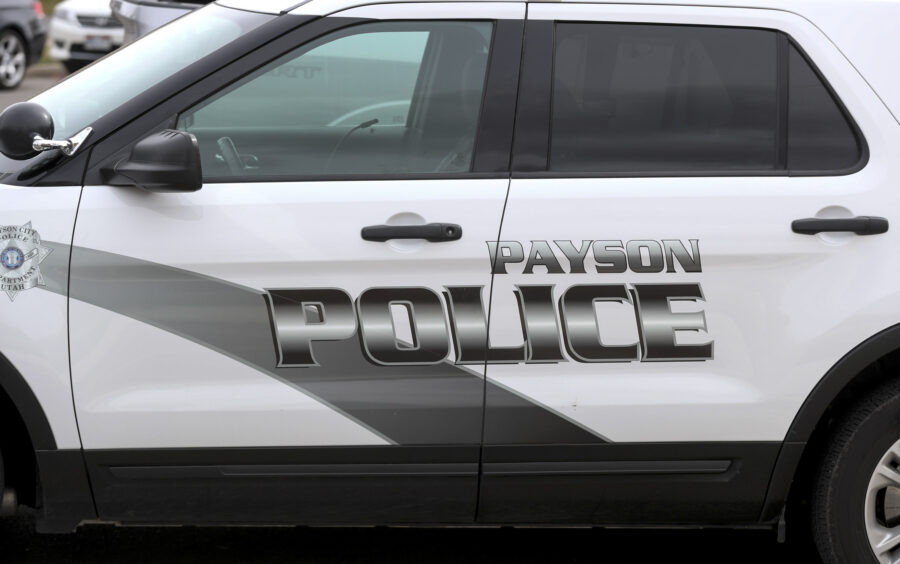Utah AG Joins Texas Lawsuit Against Battleground States
Dec 9, 2020, 2:48 PM | Updated: 6:04 pm
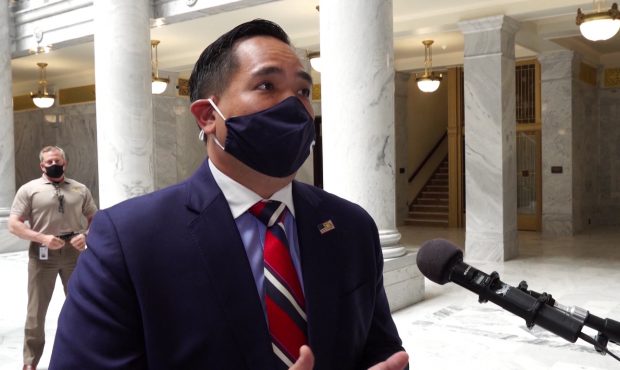
Utah Attorney General Sean Reyes. (KSL-TV)
(KSL-TV)
SALT LAKE CITY, Utah – Utah Attorney General Sean Reyes said he has joined a coalition of attorneys general from 17 states in an amicus brief supporting a lawsuit against the election process in four battleground states won by President-elect Joe Biden.
The suit from the Texas attorney general, Republican Ken Paxton, demands that the 62 total Electoral College votes in Georgia, Michigan, Pennsylvania, and Wisconsin be invalidated. That’s enough, if set aside, to swing the election to Trump.
“If Americans are to have confidence in the integrity of the election system, it is important the Supreme Court settles the question of who determines the time and place for voting: the legislature or the courts,” Reyes said.
Today, Utah joined a coalition of attorneys general from 17 states in an amicus brief in support of the Texas petition to the United States Supreme Court to review the constitutionality of the election process. Read AG Reyes' statement below. #utpol pic.twitter.com/eCSblEnriz
— Utah Attorney General (@UtahAG) December 9, 2020
Reyes said the suit does not question Utah’s elections, which have used mail-in ballots since 2012.
“This case is not about the propriety of Utah elections. I have great confidence in the bipartisan work to assure fair and reliable elections in our state. That is why I joined the Utah Auditor, Treasurer and Governor-elect in certifying Utah election results. Rather, we join this amicus because of questions about process and constitutional integrity that need to be answered nationally.”
Reyes called for the court to make a ruling on the case so Americans could “have more clarity” about who sets the terms of elections.
“If the election was fair, the Supreme Court should say so. If not, it should say that. Either way, it should say something and not avoid the question. That is the only way to settle the constitutional question facing us today and for future generations and elections,” he said. “Without the Supreme Court reviewing this matter and rendering its impartial judgment, there will always be questions regarding election integrity.”
The Supreme Court has ordered defendant states to respond to Texas’s request by 3 p.m. Thursday.
Governor Gary Herbert and Governor-elect Spencer Cox released a statement Wednesday evening, saying Reyes did not consult with them before signing the brief.
“The Attorney General did not consult us before signing on to this brief, so we don’t know what his motivation is,” they said. “Just as we would not want other states challenging Utah’s election results, we do not think we should intervene in other states’ elections. Candidates who wish to challenge election results have access to the courts without our involvement. This is an unwise use of taxpayers’ money.”
On Tuesday, the Supreme Court rejected a GOP bid to overturn Pennsylvania’s certification of Biden’s victory.
Biden won Pennsylvania by more than 80,000 votes, and the state’s electors are scheduled to meet on Dec. 14 to cast their votes.
Republicans argued Pennsylvania’s expansive vote-by-mail law was unconstitutional, but only one Republican lawmaker voted against it in Pennsylvania’s Republican-controlled legislature.

